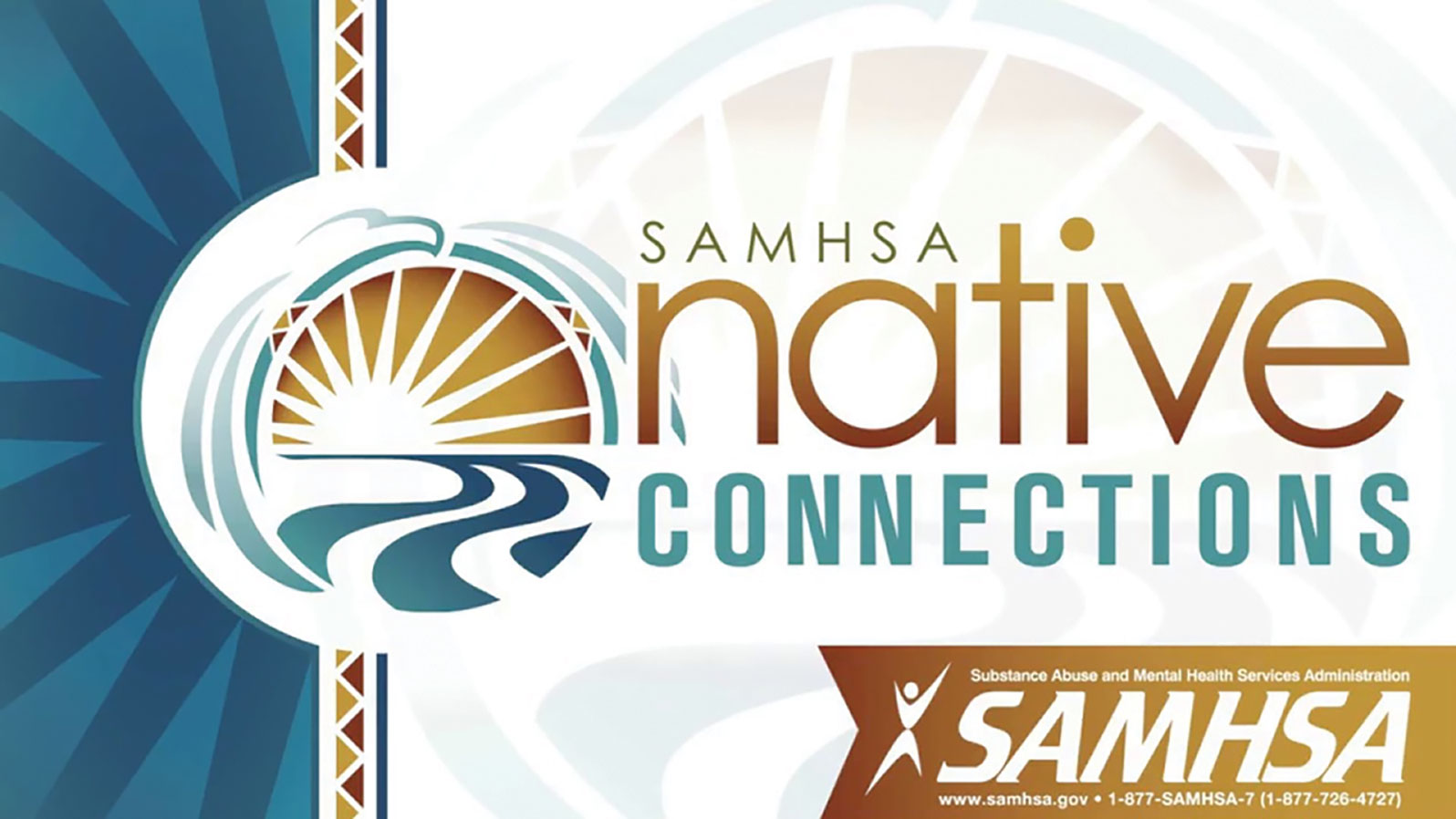I recently polled some of my co-workers at Behavioral Health about how they would sum up harm reduction in a couple words or a phrase. “Saving lives” was one that really cut to the chase. Some others were “cultivating compassion” and “humanizing those suffering.” Ultimately, harm reduction prioritizes keeping people as healthy as possible, all things considered, and moving those who use substances towards “any” positive direction, even if it’s one small step at a time.
You might have heard the phrase “meeting people where they’re at.” We commonly use this phrase when speaking of harm reduction to mean a kind of compassionate honesty with those suffering. We avoid condemning people for their struggles. While harm reduction does not attempt to minimize or ignore the real and tragic harm and danger that can be associated with drug use, it is a way of getting honest. It is a way of saying, “Look, we know that condemning people and demanding a rapid, 180-degree change in behavior is usually unrealistic.” We know that positive reinforcement and support has a higher rate of success compared to putting people down and judging them.
All in all, we strive to provide the best possible environment, resources, and support to get a person through their journey, onto the other side of clean living. Again, any step, however small, in the direction of healing and health – and thus, less harm – is a win.
We are all human and it is important to come to terms with, first, the fact that life is hard. For some, it’s particularly difficult. We know that realities like racism, poverty, and trauma affect both people’s vulnerability to and capacity to deal with harm and to change their behavior quicky, if at all. Again, while objectors suggest that there should be an absolute “no use, period” approach, harm reduction practices accept that this formula does not usually work. And that means people lose their lives. They die when they didn’t have to.
When I asked our new therapist, James Wilson, to talk about his view of harm reduction, he had this to say, “Harm reduction is a perspective shift to seeing the lives of people with value, such that they are worth saving. On the face of it, you might think that is obvious, but through the lenses of mass media, ableism, productivity at any cost (late-stage capitalism), we tend to think of people more like numbers than, well, people. So, when people encounter harm reduction ideas, like needle exchanges, Narcan hubs, and other lifesaving interventions, if they think, ‘Well that is a waste of …’ then they have fallen prey to those lenses I mentioned above, and it happens to the best of us.”
Indeed, if we’re going to help people recover and lead healthy, rewarding lives, we first have to focus on saving those lives in the first place and moving them in any positive direction that is possible in the moment.
Sources: National Harm Reduction Coalition. https://harmreduction.org/about-us/principles-of-harm-reduction/
Here’s to your good health!
It’s okay not to feel okay.
If you or someone you know has been struggling with their emotions, behaviors, or substance use please reach out to us. We can help you find appropriate tools and services that could help you overcome obstacles in your life. We are here for you. Please contact the Southern Ute Behavioral Health Division at 970-563-5700 for more information or to set up an appointment to see a counselor or therapist.
Reminder: If you need to talk to someone, please reach out.
And for those interested in opioid use education, harm reduction, and support, please contact us for quick Naloxone (Narcan) training and fentanyl test strips. We can schedule individual, family, or friends training times at our Southern Ute Behavioral Health Building, or we can come to you, and the training is around 30 minutes. Please call us at 970-563-5700 to set up a training appointment.

